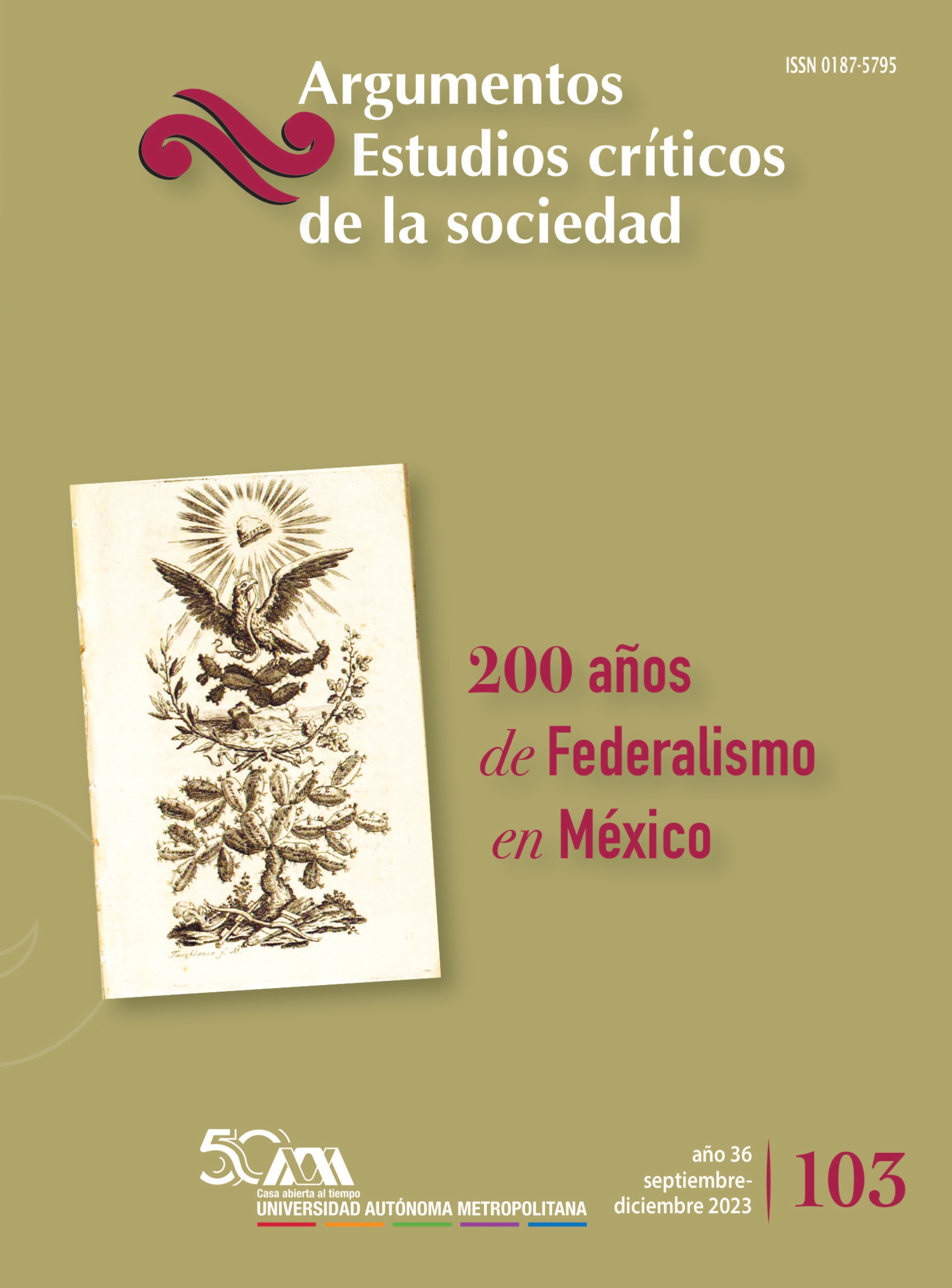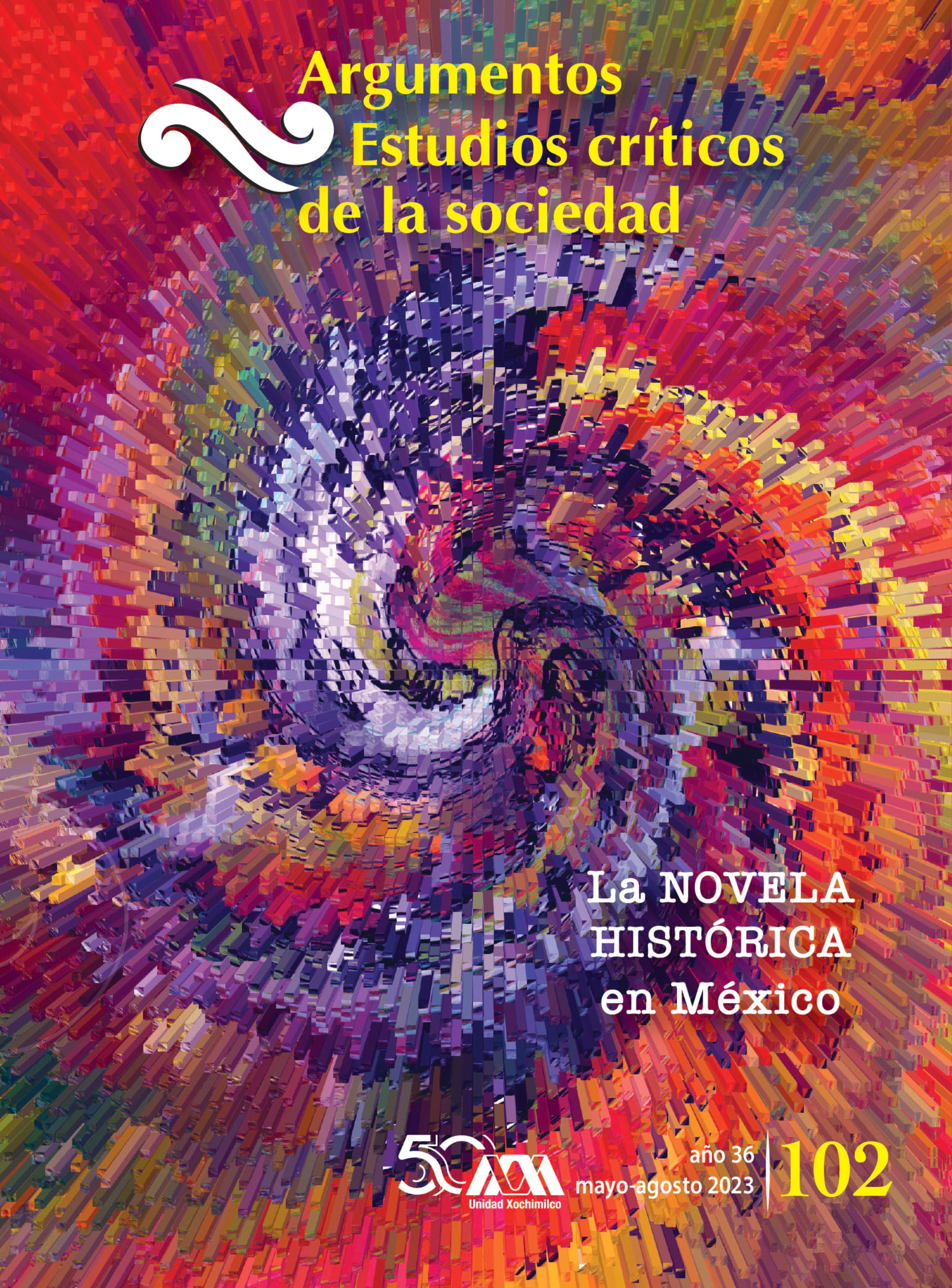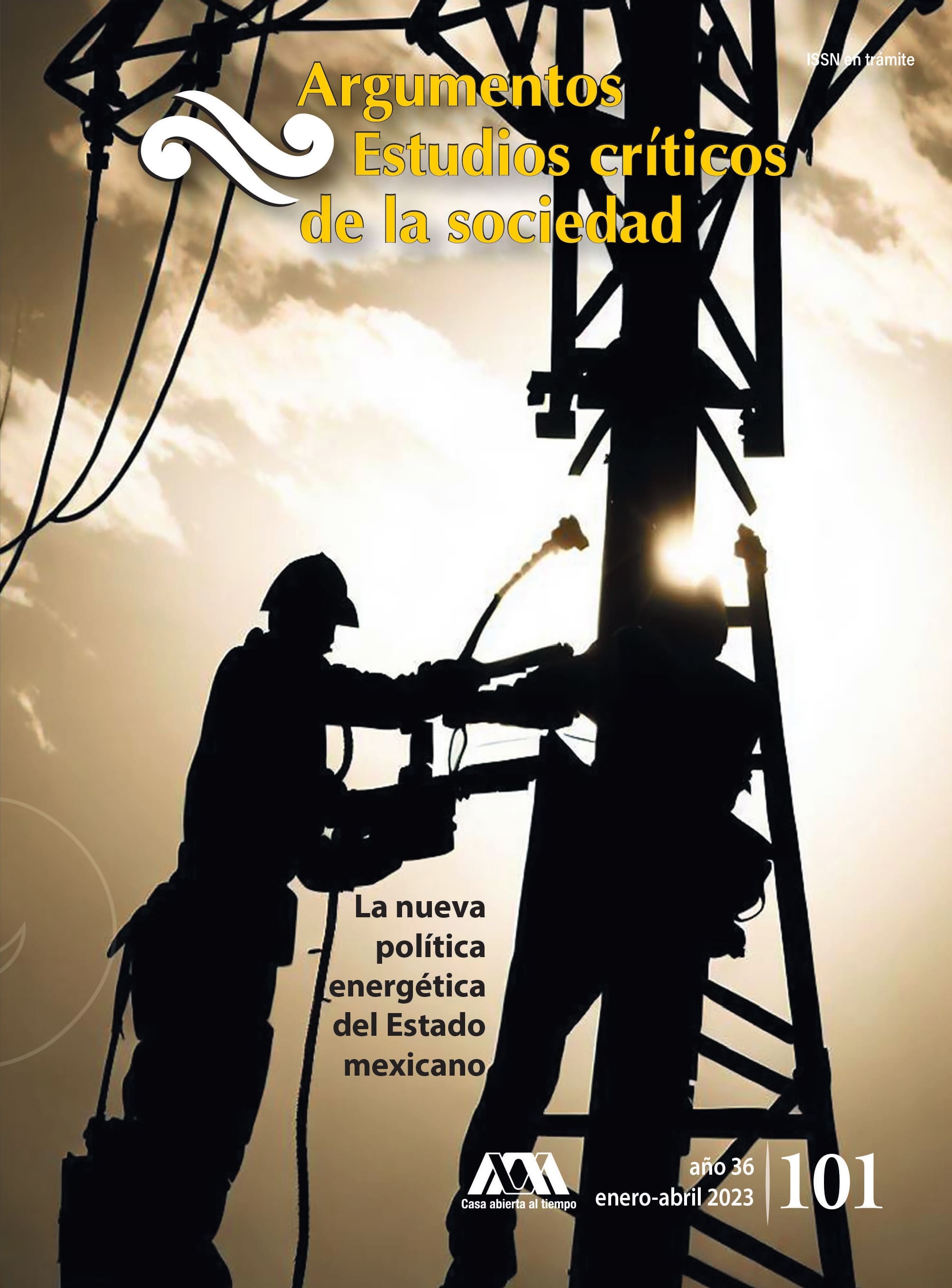Los medios de información como centros hegemónicos
Abstract
Thanks to the new technological and material capacities that conquered the mass media (particularly the electronic media) in the 20th century and the early years of the 21st, and to the urban and political transformations that took place at the same time, the media have become the center of contemporary ideological and political power in our country. This new placement of the media within the structure of contemporary power has modified the traditional rules and dynamics whereby our society used to interconnect, organize itself, and participate collec¬tively. This has led to far-reaching changes in the hierarchy of powers that make up the apparatus of power and everyday mobilization in our society, in which the information media are now the center of political, cultural, mental, and spiritual power in the day-to-day life of our Republic: The media have become the new public forum and the great collective brains that direct society. It is therefore necessary, in this new historical period of peaceful transition toward democracy, for Mexican society to reexamine what remains for it to do in the political arena in order to create a new collective social communication project that will facilitate the construction of democracy. For this, a far-reaching reform of the State vis-a-vis communication and culture is essential, allowing the public operations of the cultural industries to be ethically and responsi¬bly guided and overseen by the Mexican State and civil society, and not by the capricious dynamics of the market.








